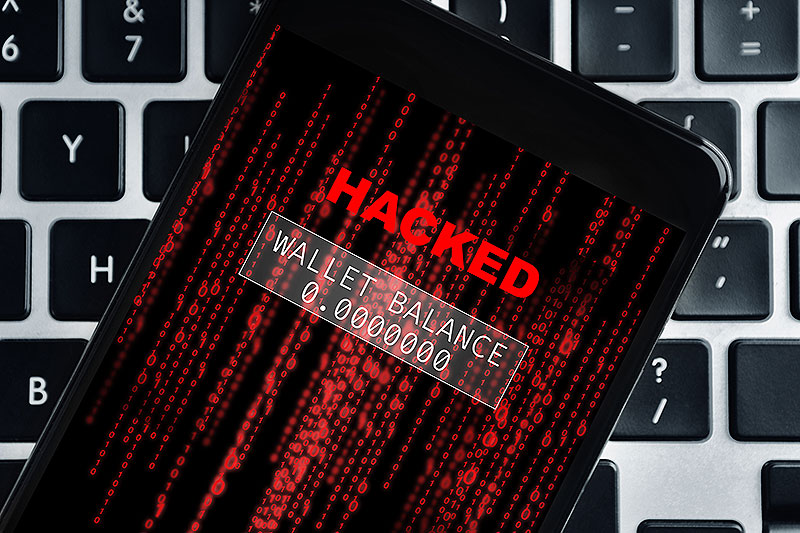Online banking has become an essential part of our lives, providing convenience and accessibility. However, with these conveniences come risks, and it is crucial to be aware of potential threats such as Internet Protocol (IP) address scams. In this blog post, we will delve into the world of IP address scams, exploring the dangers they pose to online banking and providing practical tips to protect yourself from falling victim to these malicious activities.
Understanding IP Address Scams
IP addresses are unique numerical identifiers assigned to devices connected to the internet. Scammers can exploit addresses to gain unauthorized access to personal information, compromise accounts, and commit fraudulent activities. Understanding how scammers leverage IP addresses is the first step in protecting yourself.
One common scam involves phishing attacks, where scammers impersonate legitimate financial institutions, sending deceptive emails or creating fake websites that prompt users to disclose sensitive information. By obtaining an individual’s IP address, scammers can personalize their attacks, making them appear more authentic.
Additionally, scammers may attempt to hijack IP addresses through techniques like spoofing or hijacking. Spoofing involves forging the source IP address, while hijacking involves gaining control of a legitimate IP address. These techniques enable scammers to bypass security measures, leading to unauthorized access to personal and financial data.
Risks Associated with These Scams
The risks associated with IP address scams are significant, particularly when it comes to online banking. Here are some of the dangers you should be aware of:
a. Account Takeover: Scammers can use your IP address to gain unauthorized access to your online banking account, enabling them to transfer funds, make unauthorized transactions, or steal your identity.
b. Personal Information Theft: IP address scams can lead to the theft of personal information, including account numbers, Social Security numbers, and login credentials. This stolen data can be used to carry out various fraudulent activities.
c. Phishing Attacks: By exploiting your IP address, scammers can create convincing phishing emails or websites that trick you into providing your sensitive information, posing a significant threat to your online banking security.
Protecting Yourself from IP Address Scams
Now that we understand the risks, let’s explore some effective measures to safeguard your online banking from IP address scams:
-Enable Two-Factor Authentication (2FA): Two-factor authentication adds an extra layer of security by requiring a second form of verification, such as a unique code sent to your mobile device. This ensures that even if scammers obtain your IP address, they will not be able to access your online banking account without the additional authentication.
– Be Cautious of Phishing Attempts: Be vigilant while opening emails or clicking on links. Avoid providing personal or financial information through suspicious emails or websites. Always double-check the legitimacy of the sender or website by contacting your financial institution directly.
– Regularly Update Your Devices and Software: Keep your devices and banking applications up to date with the latest security patches. Updates often include bug fixes and security enhancements that protect against IP address scams and other vulnerabilities.
– Monitor Your Accounts: Regularly review your online banking statements and transactions to identify any suspicious activity. If you notice anything unusual, report it to your financial institution immediately.
– Educate Yourself: Stay informed about the latest IP address scam techniques and general cybersecurity best practices. By educating yourself, you can identify potential threats and take appropriate actions to protect your online banking.
As the digital landscape continues to evolve, it is crucial to stay ahead of the game when it comes to protecting your online banking from IP address scams. By understanding the risks associated with these scams and implementing the recommended security measures, you can significantly reduce the chances of falling victim to malicious activities. Remember to be cautious, use trusted security tools, enable two-factor authentication, and keep yourself informed about emerging threats. When you prioritize your online banking security, you can enjoy the convenience of digital banking while keeping your financial information safe and secure.
